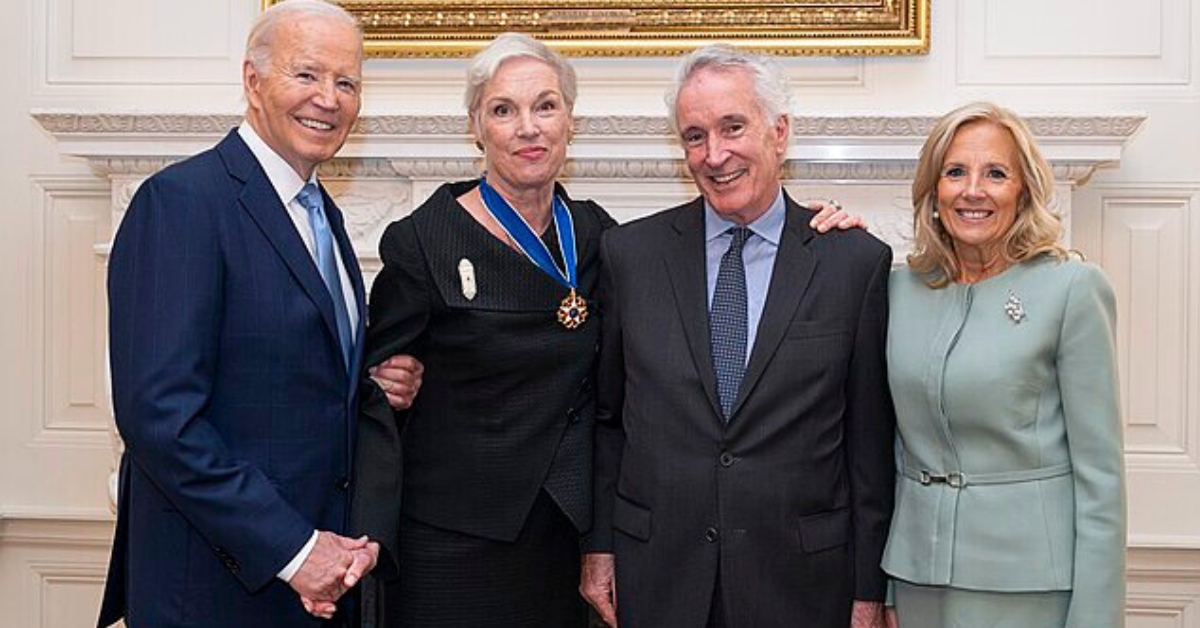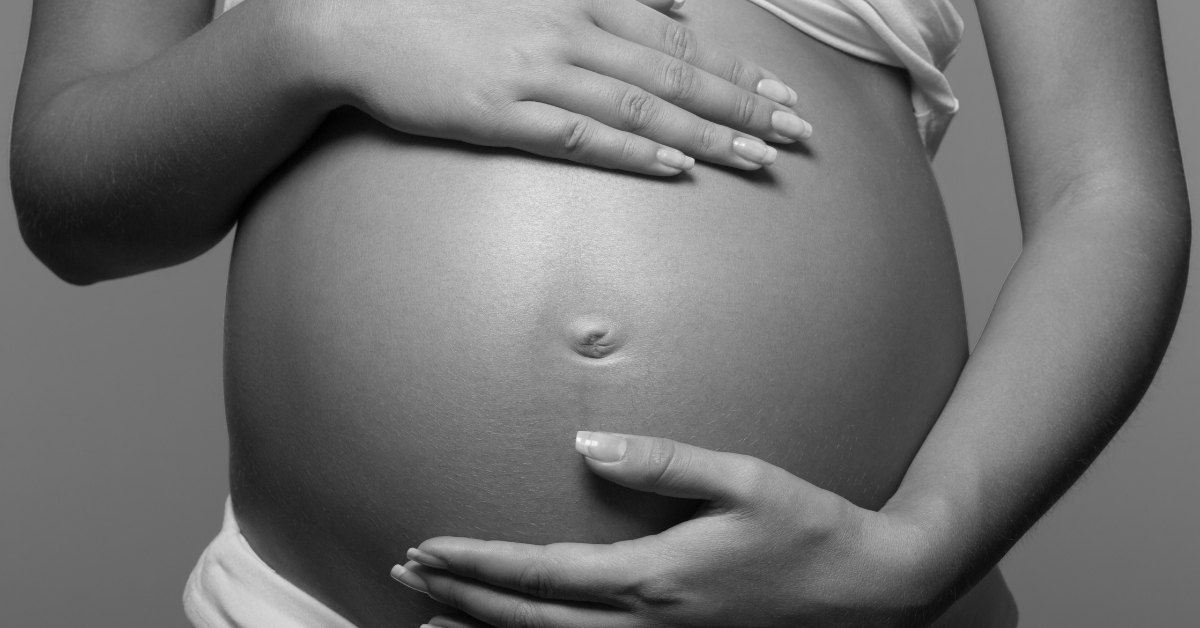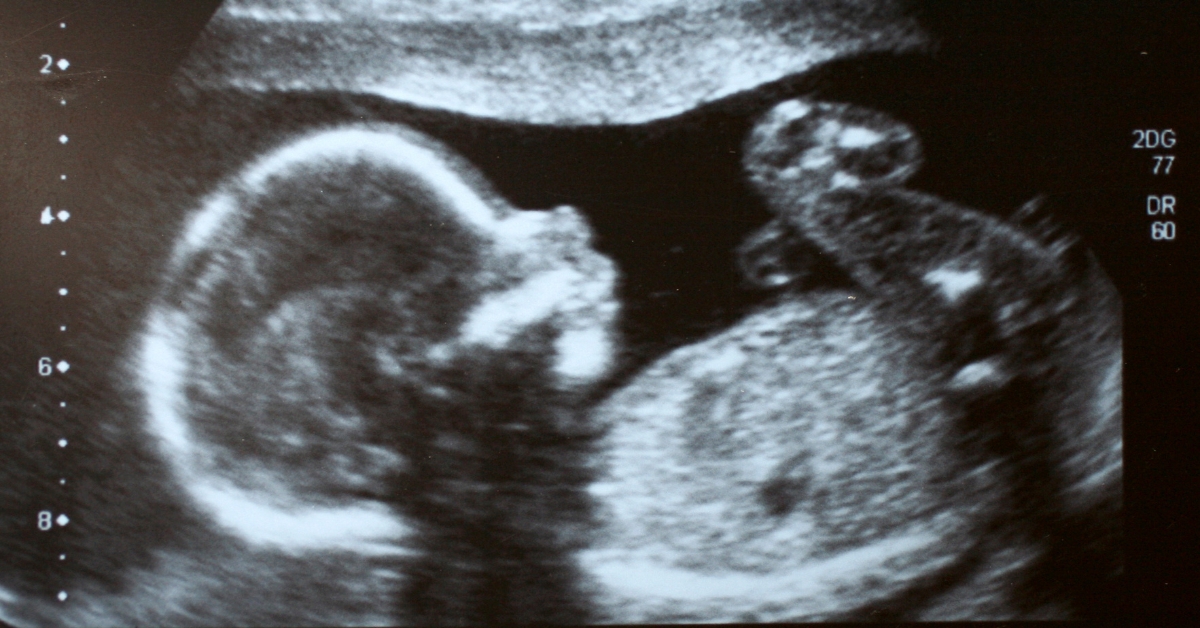
Texas Heartbeat Act Marks Two Years of Success
Two years ago, Texas took a bold step to protect the lives of preborn children with the implementation of the Texas Heartbeat Act. This law effectively prohibited abortions after the detection of a child’s heartbeat, which typically occurs around six weeks of pregnancy. For the first time since the landmark Roe v. Wade decision, a state was able to protect preborn children in the first trimester.
The Heartbeat Act’s implementation was a precursor to the monumental Dobbs case, which brought significant changes to the abortion landscape in the United States. Many believed it couldn’t be done, considering it a fool’s errand to challenge the status quo set by Roe v. Wade. However, organizations like Human Coalition and the Texas Pregnancy Care Network supported the Heartbeat Act because it was the right thing to do. For decades, court rulings had prevented states from fulfilling their duty to protect unborn children, and it was high time to correct this.
While serving women and providing support as they make choices regarding their pregnancies is a vital aspect of the pro-life movement, laws like the Heartbeat Act play a crucial role in preventing abortions. In the months following the implementation of the act, abortion rates in Texas fell, resulting in over 1,000 lives being saved each month. When the Supreme Court later overturned Roe v. Wade, recorded abortions in the state decreased significantly, with estimates suggesting that around 10,000 lives may have been saved due to the Heartbeat Act. It was, by many accounts, the most successful pro-life law to withstand the legal challenges associated with Roe.
This achievement was only possible because of the collaboration among pro-life leaders, including organizations like Human Coalition and the Texas Pregnancy Care Network, civic leaders, and the strong leadership of public officials. However, passing the law was only half the battle. It was clear that women would still seek abortion, often due to economic and social pressures like poverty, domestic abuse, or lack of support from friends and family. To address this, Texas expanded Medicaid coverage to one year postpartum and significantly increased funding for the Alternatives to Abortion program. This program, now 17 years old, offers life-affirming alternatives to abortion and aims to improve maternal and child health.
Texas set an example for other states by establishing both a law that protected the lives of the preborn and a safety net for vulnerable women. It’s a model for how states can respond to the needs of women in a post-Dobbs era.
Other states have also taken important steps in the fight to protect preborn children. Some enacted “trigger” laws that automatically go into effect upon the repeal of Roe, thus protecting unborn children. States like Florida, Iowa, and South Carolina passed “heartbeat” bills this year, providing protection for children at early stages of development. Additionally, Florida increased funding for pregnancy centers to $25 million, and Tennessee allocated $20 million for pregnancy centers.
The pro-life movement is characterized by its shared goal of saving lives and providing support to vulnerable mothers. While differences among pro-life organizations exist, their collective commitment to saving lives and aiding families scarred by abortion transcends those differences.
While celebrating the successes achieved with the Texas Heartbeat Act and Dobbs, the pro-life movement recognizes that the work is far from over. Continued efforts to prevent abortions and provide support to mothers who choose life remain a top priority. In this ongoing fight for life, unity within the pro-life movement is essential. Pro-life organizations remain committed to their mission, to protect the lives of preborn children threatened by abortion, and to support mothers who have experienced the pain of abortion. As they reflect on the past two years, they express gratitude for the pro-life advocates who made these laws possible and look forward to a future where they can continue to serve vulnerable women and save the lives of unborn children.














